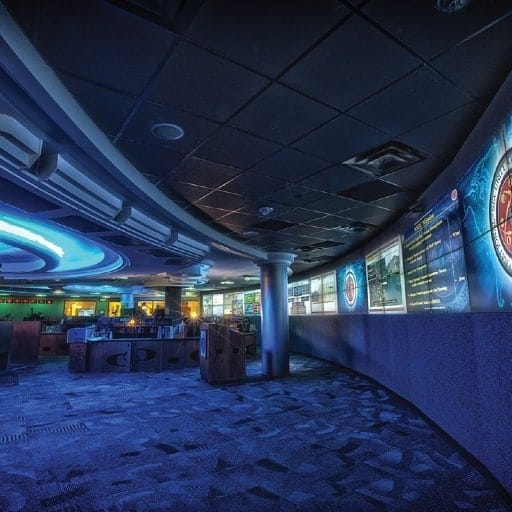The annual AUSCERT conference, a major gathering for cybersecurity professionals, industry leaders, and academics, unfolded last week at the Star Casino on the sunny Gold Coast. AUSCERT’s General Manager, Ivano Bongiovanni, spoke with me about the heated debate around professionalising the field.
Traditionally, cybersecurity has been seen as a highly technical field, populated by specialists with deep knowledge of code, networks, and systems. But according to Bongiovanni, that reality is changing fast.
“The future will encompass a range of professionals, including coders and communicators, people who manage risk and manage relationships” he explained.
While foundational technical skills remain essential, Bongiovanni walked through the growing importance of complementary abilities like communication, project management, and business acumen.
“You need to be able to step back from the pure technical aspect and have a broader perspective into understanding the business” he said.
“Those with these complementary skill sets are going to have an edge in the industry.” Added Bongiovanni.
When it comes to developing these broader skills, Bongiovanni advocated for hands-on, real-world experience, rather than purely theoretical training.
“It’s really about learning by doing” he stated, arguing for more space and resources that allow professionals to experiment, even fail safely, and ultimately grow their skill sets.
Perhaps the most contentious issue in the industry right now is whether cybersecurity should follow in the footsteps of medicine and law by formalising certification and training requirements…a movement known in the community as ‘professionalisation’.
Bongiovanni described the fierce arguments online and off between those who support establishing firm standards [with the intention to prevent unqualified individuals from calling themselves experts]. The other end of the spectrum are those who worry that such barriers could worsen the existing talent shortage.
Rather than picking a side, Bongiovanni called for an ongoing, open debate and cautioned that adversarial, divisive arguments won’t help the industry or society.
“The final goal of everyone is improving cybersecurity and being more mature as an industry,” he said.
So what comes next? Bongiovanni sees value in flexibility and consensus, allowing for both formal education and alternative pathways such as short-term certifications and on-the-job learning.
“A complementary set of training experiences is what works best” he said, further explaining the need to adapt to different roles, organisations, and learning styles.
Above all, the General Manager urged the industry to stay focused on the bigger picture.
“We’re in a very exciting profession with a lot of opportunities. All this debate is a sign that we want to do better. Let’s stay positive and enthusiastic as we move forward.”









